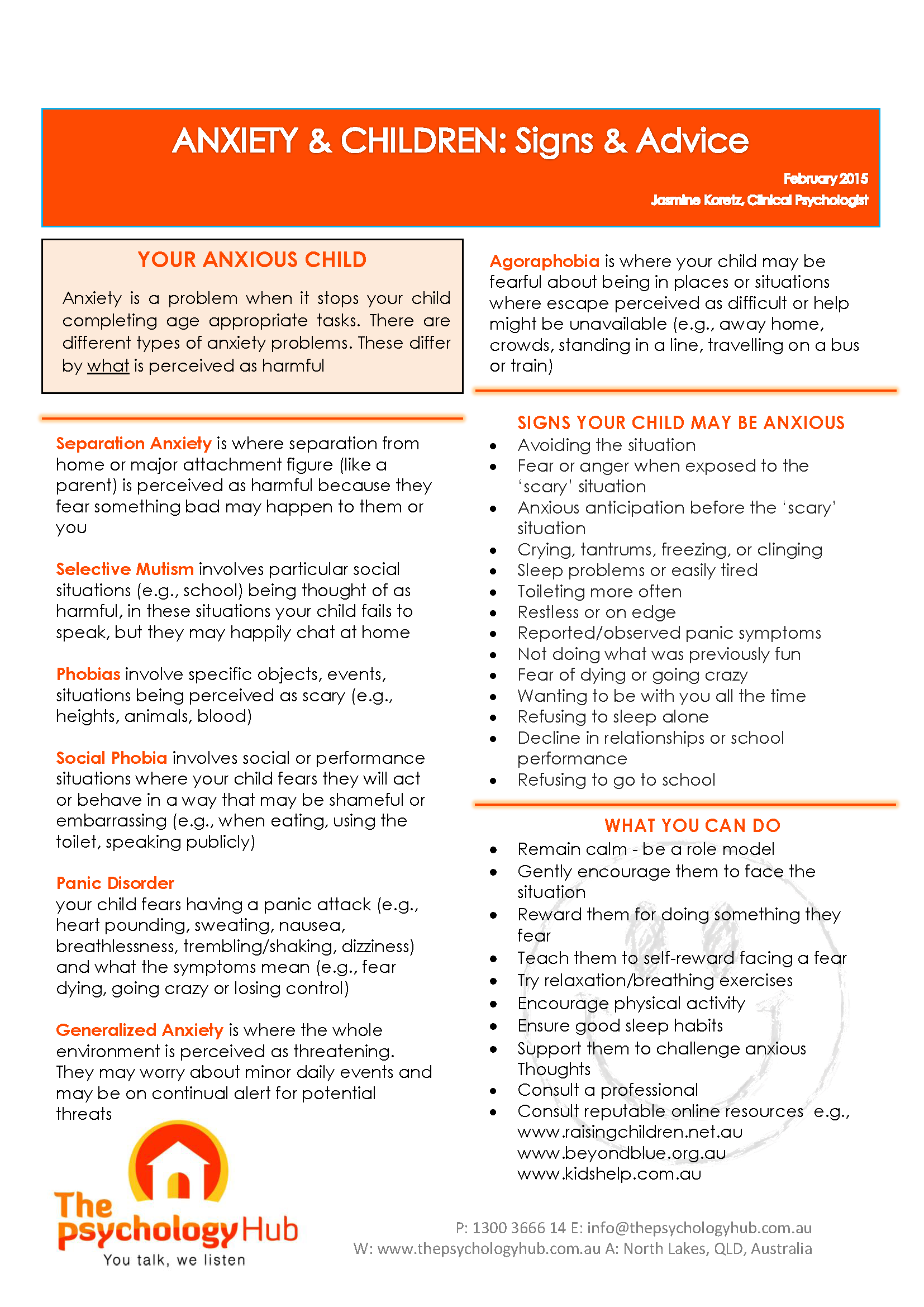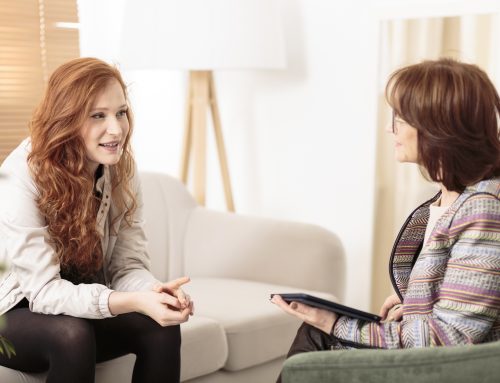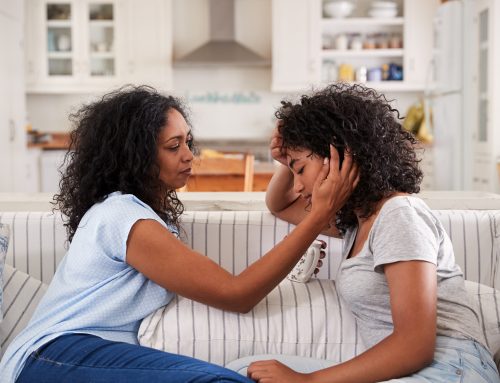YOUR ANXIOUS CHILD
Anxiety is a problem when it stops your child from completing age-appropriate tasks. There are different types of anxiety problems. These differ by what is perceived as harmful.
Separation Anxiety is where separation from home or major attachment figure (like a parent) is perceived as harmful because they fear something bad may happen to them or you
Selective Mutism involves particular social situations (e.g., school) being thought of as harmful, in these situations your child fails to speak, but they may happily chat at home
Phobias involve specific objects, events, situations being perceived as scary (e.g., heights, animals, blood)
Social Phobia involves social or performance situations where your child fears they will act or behave in a way that may be shameful or embarrassing (e.g., when eating, using the toilet, speaking publicly)
Panic Disorder your child fears having a panic attack (e.g., heart pounding, sweating, nausea, breathlessness, trembling/shaking, dizziness) and what the symptoms mean (e.g., fear dying, going crazy or losing control)
Generalized Anxiety is where the whole environment is perceived as threatening. They may worry about minor daily events and may be on continual alert for potential threats
Agoraphobia is where your child may be fearful about being in places or situations where escape perceived as difficult or help might be unavailable (e.g., away home, crowds, standing in a line, travelling on a bus or train)
SIGNS YOUR CHILD MAY BE ANXIOUS
- Avoiding the situation
- Fear or anger when exposed to the ‘scary’ situation
- Anxious anticipation before the ‘scary’ situation
- Crying, tantrums, freezing, or clinging
- Sleep problems or easily tired
- Toileting more often
- Restless or on edge
- Reported/observed panic symptoms
- Not doing what was previously fun
- Fear of dying or going crazy
- Wanting to be with you all the time
- Refusing to sleep alone
- Decline in relationships or school performance
- Refusing to go to school
WHAT YOU CAN DO
- Remain calm – be a role model
- Gently encourage them to face the situation
- Reward them for doing something they fear
- Teach them to self-reward facing a fear
- Try relaxation/breathing exercises
- Encourage physical activity
- Ensure good sleep habits
- Support them to challenge anxious Thoughts
- Consult a professional
- Consult reputable online resources e.g.,
- raisingchildren.net.au
www.beyondblue.org.au
www.kidshelp.com.au





